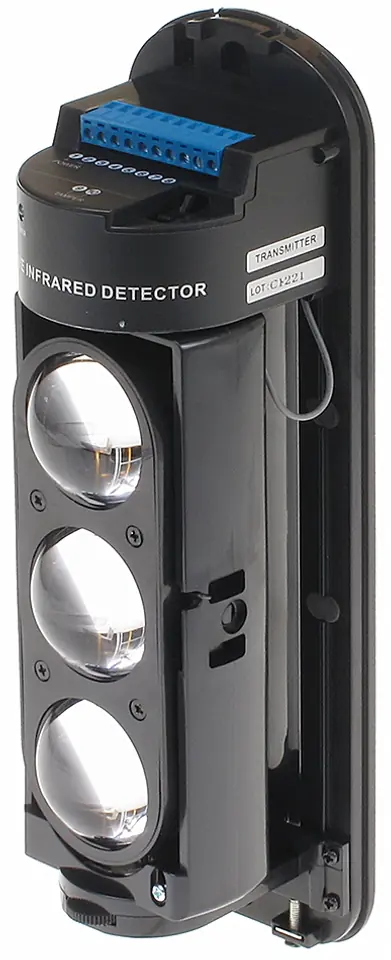Alarm systems based on passive infrared detectors, capture an intruder who has already entered the roomThe system based on infrared barriers is designed to trigger an alarm when the intruder is just about to enter the rooms, and is still outside the facility
The curtain consists of several active infrared barriers (tracks) that create invisible \"grilles\" in the window or door cavity."An attempt to violate this \"lattice\" causes an immediate activation of the alarm signal
Infrared curtains are also used in securing controlled passages, gates, fences, valuable objects in open space, etc. In museums, infrared curtains successfully play the role of a conflict-free, discreet separation of the viewer from valuable exhibits
During the constant interruption of the beam (placing an obstacle between the transmitter and the receiver), the barrier does not return to its original stateSuch the behavior of the barrier is important when controlling entrance gates, barriers, etc.







